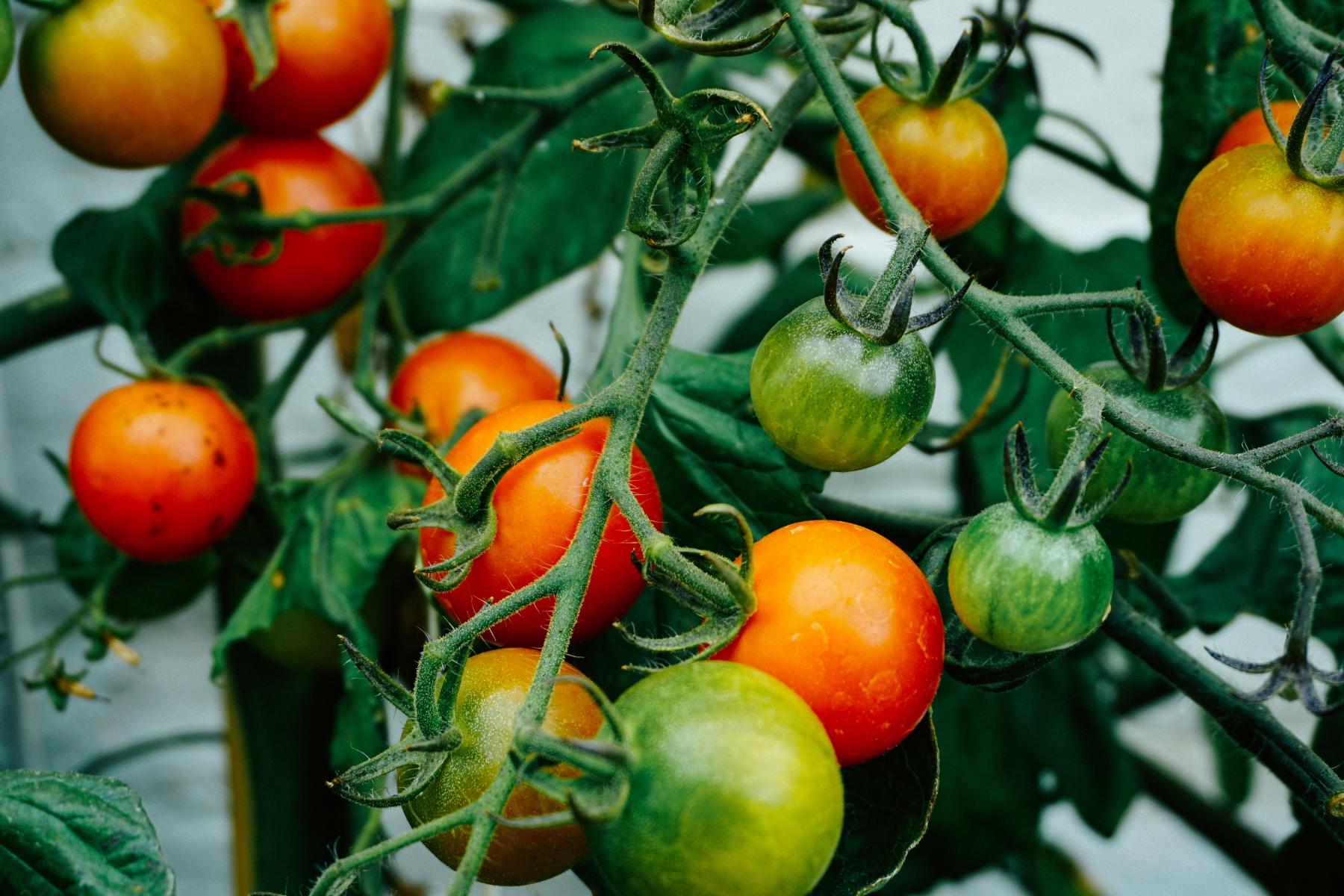
Biotechnology and Food
by Hermelina Liddell
This is a lesson that can be taught in 5 days or one week. The lesson was put together in collaboration with the Smithsonian Science Education Center. It talks about global goals (one of which is food and world hunger), and it follows a guide on Biotechnology. It starts with knowing our learners, by knowing who they are.
The students created an Identity Map and wrote their hopes and concerns for the future. They also discussed their own personal observation about the local community and how changes have been made in regard to agriculture and food production. With limited space due to urbanization, the students did an activity on planting tomatoes. Can they plant only in rural areas? How can they grow plants in urban setting?
Lesson Plan Link/URL
https://docs.google.com/presentation/d/1gMAykZ6qP6fPowmaXAaazOvm6fTKAKnDjyWXvAe…Subject Area
Science Life Science L2: Organisms & Energy L3: Genetics & Heredity L4: Evolution Technology 4. Innovative Designer English Language Arts (ELA) Writing
Featured
Off
Related Content

Grades:
7th Grade, 8th Grade, 9th Grade, 10th Grade, 11th Grade, 12th Grade
Want to incorporate the Arts into your 7-12 STEM classroom? The Global Science Opera provides a way to do just that! Learn how to facilitate a STEAM collaboration with arts teachers to make it happen.

Grades:
9th Grade, 10th Grade, 11th Grade, 12th Grade
This STEM Argumentative Research Project engages students in exploring the scientific, ethical, and societal implications of themes in Mary Shelley's "Frankenstein." Students will work in groups to

Grades:
Kindergarten, 1st Grade, 2nd Grade, 3rd Grade, 4th Grade, 5th Grade, 6th Grade, 7th Grade, 8th Grade
Most students are likely familiar with popular films like Happy Feet, Surf’s Up, Penguins of Madagascar, and classic books like Mr. Popper's Penguins. Capitalizing on this familiarity with penguins